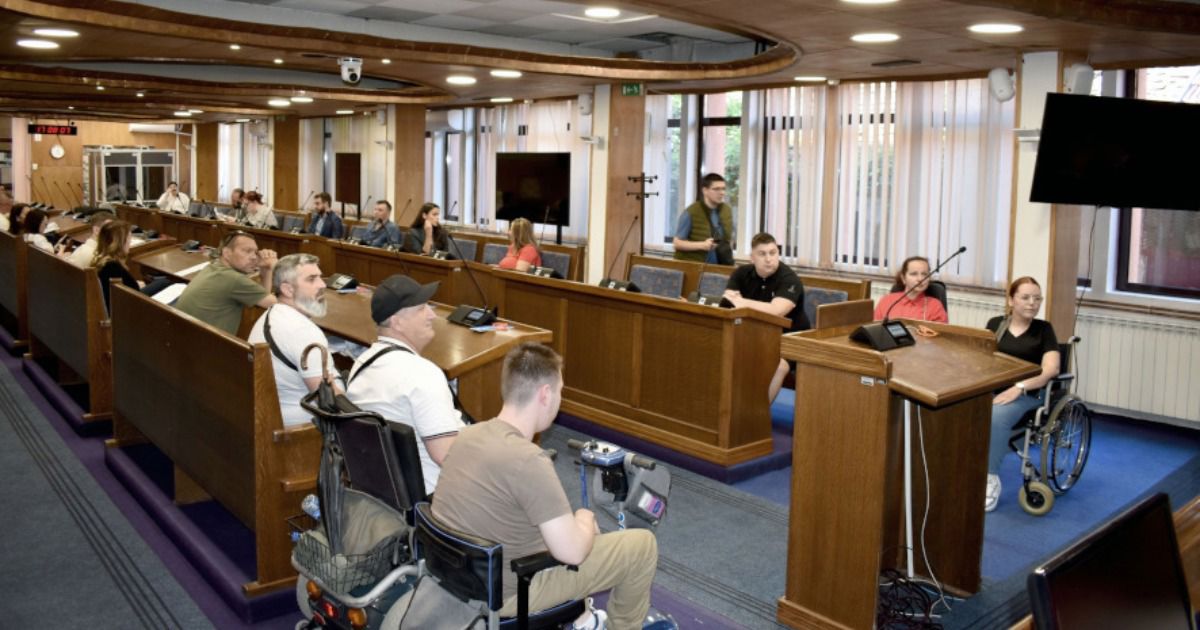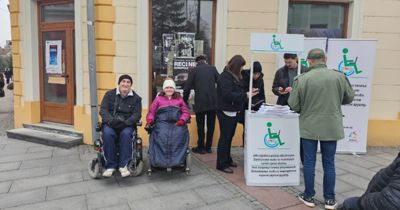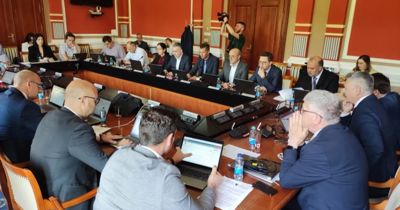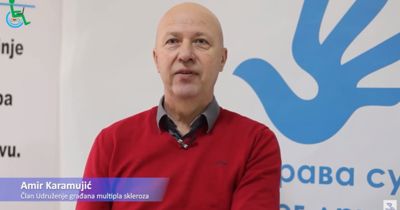
On May 13 and 15, public hearings were held in the Brčko District on the draft of a new law concerning the professional rehabilitation, training, and employment of persons with disabilities. These hearings were not mere formalities – they were an opportunity for concrete proposals that could lead to real change.
One of the key drivers of these changes is the citizens’ association “Vjera i nada”, which, together with several other civil society organizations and with the support of the PRAGG project, is leading a campaign for the adoption of a functional and applicable law. Their goal is clear: equal opportunity for all.
“We want real opportunities for persons with disabilities, not just symbolic measures,” said Nataša Damjanović of “Vjera i nada.”
Their proposals include:
- Incentives for employers who cooperate with inclusive enterprises,
- Simplified conditions for starting inclusive businesses,
- An obligation for public institutions to procure 20% of goods and services from these enterprises,
- Increased penalties for institutions that ignore the law.
Representatives of other organizations, including UG Demos, pointed out the weaknesses of the draft – especially in terms of actual employment advantages, which are currently limited to cases of tie scores among candidates.
Still, some institutions and employers continue to resist. Some view the law as an added cost, while others warn of systemic obstacles – such as subjective hiring criteria and imprecise rules.
Nevertheless, the public hearings showed that Brčko has the knowledge, will, and determination to move things forward. Whether these proposals will truly make it into the final version of the law – and more importantly, be implemented in practice – remains to be seen. But one thing is certain: the fight for dignified work and equal treatment of persons with disabilities can no longer be ignored.







